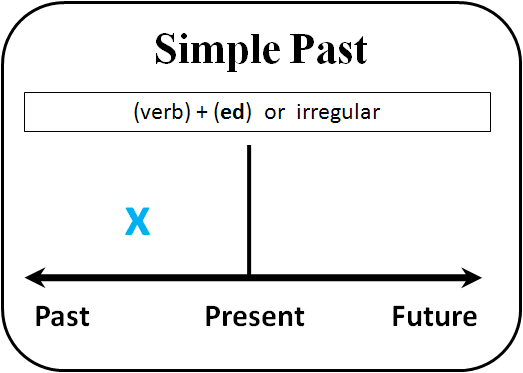Cultural industries
The cultural industries are those
“activities, which deal primarily in symbolic goods – goods whose primary
economic value is derived from their cultural value. We shall look at how this
definition affects the practices and dynamics of this sector in a moment. This
definition then includes what have been called the ‘classical’ cultural
industries – broadcast media, film, publishing, recorded music, design,
architecture, new media – and the ‘traditional arts’ – visual art, crafts,
theatre, music theatre, concerts and performance, literature, museums and
galleries – all those activities which have been eligible for public funding as
‘art’”[1]. Also Dr. Keith
Nurse in her article the cultural industries and sustainable development in small
island developing states, defining cultural industries by saying: “The term
cultural industry describes the role of cultural entrepreneurs and arts
enterprises, for-profit as well as not-for-profit in the production,
distribution and consumption of film, television, books, music, theatre, dance,
visual arts, masquerade, multimedia, animation and so on”[2].
According to Dr. Keith Nurse, it shows the function of the cultural
manufacturer in manufacturing products, by spreading them via those industries.
From another side, the term “cultural
industry” proposed by Adorno and Horkheimer of the Frankfurt School
(Kulturindustrie) in their outstanding book dialectic of enlightenment to
replace the concept of "mass culture"[3]. The cultural
industries encompass: television; radio; internet; architecture; crafts;
advertising; fashion clothing; film; video; graphic design; live and recorded
music; performing arts and entertainment; visual arts; writing and publishing.
According to Adorno in the chapter of “The Culture Industry: Enlightenment as
Mass Deception” the term is used critically so as to represent the commercial
marketing of culture in field that directly deals with the production of
culture. Yet, the term is used, according to him, by capitalism to monopoly individualism
to become “industrialized” and commodified, “Under monopoly all mass culture is
identical, and the lines of its artificial framework begin to show through. The
people at the top are no longer so interested in concealing monopoly: as its
violence becomes more open, so its power grows”; moreover, it is regarded as a
“system of domination”. To demonstrate, the individuals are like products, and
take for instance famous singers as Rihanna or Shakira, those possesses some
distinctive attributes being attracted to and, therefore, they make by
disseminating those singers many Rihannas and Shakiras. It is somehow like an
advertisement of certain elements, including fashion, accessories, cultural
codes, hairstyle…etc. Cultural industries, in other words, lead to the
passivity of individuals, and it is deemed as mass deceit of those individuals
which make him/her all the more subservient to his adversary, “…but industry
robs the individual of his function”. “In the culture industry the individual
is an illusion not merely because of the standardization of the means of
production. He is tolerated only so long as his complete identification with
the generality is unquestioned”. Henceforth, it affects the capacity of
individuals. Also, cultural industries contrast the “authentic culture”,
because it delivers “goods” plunder individuals imagination and make them fall
into consuming and imitating. Mass media or those industries are intently
functioned to vehicle message about products and services to consumers in order
to convince these individuals to purchase or digest the commodity they
advertise psychologically through those industries.
The critical view of Frankfurt School
in person of Adorno and Horkheimer reveals that cultural industries are
apparatuses of capital rulers to manipulate individuals, and the lead to
passivity[4]. Nevertheless
the culture industry remains the entertainment, its influence over the
consumers is established by entertainment. Aside of cultural production being
occasioned by globalization and “new world order”, a world of one “culture”, of
one way of life, Production of culture is a strengthening of capitalism
outright decree, by means of Americanizing the world functioning industries, or
I can name it cultural-transmitting channels.
The Author: Ilyass Ainanass
[1] Dr. Justin, the Definition of
‘Cultural Industries’
[2] Keith Nurse, Article: the
cultural industries and sustainable development in small island developing
states
[4] Adorno and Horkheimer, The
dialectical enlightenment, chapter: The Culture Industry: Enlightenment as Mass
Deception, page (120-167)















